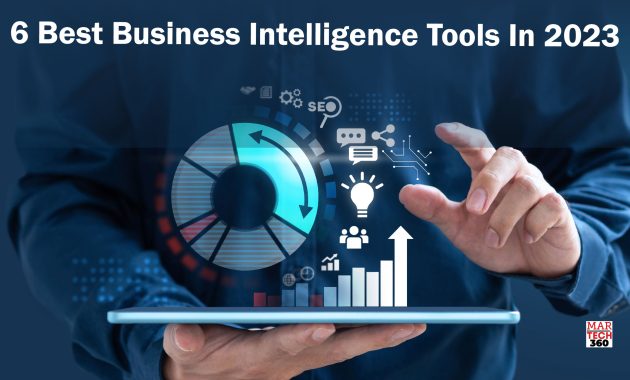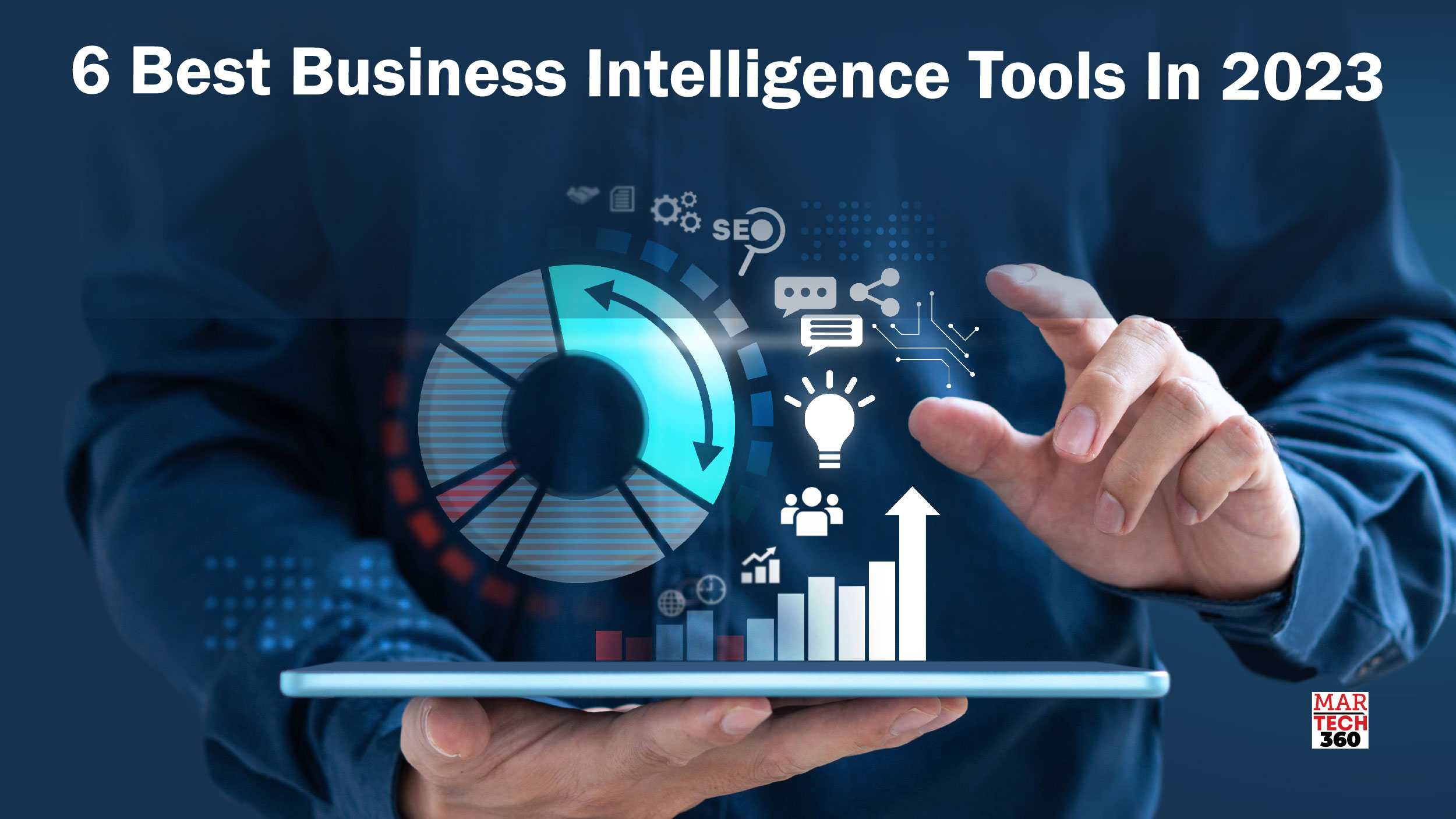
Level Up Your Game: The Best Business Intelligence Tools for Esports
The esports industry is booming. It’s a global phenomenon, fueled by passionate players, dedicated teams, and massive audiences. But behind the flashy tournaments and lucrative sponsorships lies a complex ecosystem. Success in esports demands more than just skill. It requires strategic decision-making, data-driven insights, and a deep understanding of the market. This is where business intelligence (BI) tools come in. They are essential for anyone looking to thrive in the competitive world of esports. This article explores the best business intelligence tools for esports, providing a comprehensive overview of their capabilities and how they can be leveraged for success. The focus keyword, “The Best Business Intelligence Tools for Esports”, will be a constant throughout this article.
Understanding the Esports Landscape
Before diving into specific tools, it’s crucial to understand the unique characteristics of the esports industry. Unlike traditional sports, esports is highly data-driven. Every match, every player movement, and every viewer interaction generates valuable data. This data can be used to analyze player performance, predict market trends, and optimize marketing campaigns. The industry is also incredibly dynamic. New games emerge, player rosters change, and audience preferences shift rapidly. This constant evolution necessitates agile decision-making and real-time data analysis. The best business intelligence tools for esports need to be adaptable and provide up-to-the-minute insights.
Why Business Intelligence is Crucial for Esports
Esports organizations, teams, and individual players face numerous challenges. They need to understand their audience, optimize their training regimens, and manage their finances effectively. Business intelligence tools provide the necessary insights to overcome these challenges. They help users:
- Analyze Player Performance: Track individual and team statistics, identify strengths and weaknesses, and optimize training strategies.
- Understand Audience Behavior: Analyze viewer engagement, identify popular content, and tailor marketing campaigns.
- Manage Finances: Track revenue streams, monitor expenses, and make informed investment decisions.
- Identify Market Trends: Stay ahead of the curve by analyzing market data, identifying emerging trends, and predicting future growth areas.
- Optimize Sponsorships: Measure the effectiveness of sponsorship deals and maximize return on investment.
The competitive nature of esports demands a data-driven approach. Without the right tools, organizations risk falling behind their competitors. Choosing the best business intelligence tools for esports is a strategic imperative.
Top Business Intelligence Tools for Esports
Several business intelligence tools are well-suited for the esports industry. Each tool offers unique features and capabilities. The best choice depends on the specific needs and budget of the user. Here are some of the leading options:
Tableau
Tableau is a leading data visualization platform. It’s known for its user-friendly interface and powerful analytical capabilities. Tableau allows users to connect to various data sources, create interactive dashboards, and share insights with others. It’s an excellent choice for visualizing complex data sets and identifying trends. Tableau’s drag-and-drop interface makes it easy to create compelling visualizations. Its robust features are perfect for the demanding needs of analyzing esports data. It is one of the best business intelligence tools for esports.
Power BI
Microsoft Power BI is another popular business intelligence tool. It offers a comprehensive suite of features, including data integration, data modeling, and data visualization. Power BI integrates seamlessly with other Microsoft products. This makes it a natural choice for organizations already using the Microsoft ecosystem. Its affordability and ease of use make it attractive to esports teams of all sizes. Power BI is a strong contender for the best business intelligence tools for esports.
Looker (Google Cloud)
Looker, now part of Google Cloud, is a powerful data analytics platform. It’s designed for data-driven decision-making across the entire organization. Looker allows users to define a single source of truth for their data. It also provides a sophisticated data modeling layer and advanced analytical capabilities. Looker is a good option for larger esports organizations with complex data needs. It is considered one of the best business intelligence tools for esports.
Qlik Sense
Qlik Sense is a data analytics platform known for its associative data modeling engine. This engine allows users to explore data in a more intuitive way. Qlik Sense automatically discovers relationships within the data, enabling users to uncover hidden insights. Its user-friendly interface and powerful features make it a good choice for a wide range of esports applications. Qlik Sense is another top contender among the best business intelligence tools for esports.
Klipfolio
Klipfolio is a dashboarding platform. It’s designed for creating real-time dashboards and monitoring key performance indicators (KPIs). Klipfolio is particularly well-suited for tracking esports metrics, such as viewership, engagement, and revenue. Its ease of use and real-time data capabilities make it a valuable tool for esports organizations. This makes Klipfolio one of the best business intelligence tools for esports.
Key Features to Look for in Esports BI Tools
When selecting a business intelligence tool for esports, it’s important to consider specific features that are relevant to the industry. These features will enable users to gain the most value from their data. Some important features include:
- Data Integration: The ability to connect to various data sources, including game APIs, social media platforms, and financial systems.
- Data Visualization: The ability to create compelling and interactive dashboards and reports.
- Real-time Data: The ability to access and analyze data in real-time, allowing for timely decision-making.
- Customization: The ability to customize dashboards and reports to meet specific needs.
- Collaboration: The ability to share insights and collaborate with others.
- Scalability: The ability to handle large volumes of data as the esports organization grows.
Choosing a tool with these features will ensure that the organization can effectively leverage its data to achieve its goals. Carefully evaluating these features helps identify the best business intelligence tools for esports.
Implementing Business Intelligence in Esports: Best Practices
Implementing business intelligence in esports requires a strategic approach. It’s not enough to simply purchase a tool. Organizations must also develop a data strategy and establish best practices. Some key steps include:
- Define Goals: Clearly define the goals and objectives that the organization hopes to achieve with business intelligence.
- Identify Data Sources: Identify the relevant data sources and ensure that the data is accurate and reliable.
- Choose the Right Tool: Select the business intelligence tool that best meets the organization’s needs and budget.
- Develop a Data Strategy: Create a plan for collecting, storing, and analyzing data.
- Train Users: Provide adequate training to users on how to use the tool and interpret the data.
- Monitor and Evaluate: Continuously monitor the performance of the tool and evaluate its effectiveness.
Following these best practices will maximize the value of the business intelligence investment. It will ensure that the organization is able to make data-driven decisions. Utilizing these best practices will help identify the best business intelligence tools for esports.
Case Studies: Esports Organizations Using BI Tools
Several esports organizations are already leveraging business intelligence tools to gain a competitive edge. These case studies provide valuable insights into how these tools can be used in practice. They demonstrate the tangible benefits of data-driven decision-making.
Team Liquid: Team Liquid, a leading esports organization, uses Tableau to analyze player performance, understand audience behavior, and optimize marketing campaigns. Their use of BI has allowed them to make informed decisions. This has helped them maintain their position at the top.
Fnatic: Fnatic, another prominent esports organization, uses Power BI to track its finances, manage its sponsorships, and identify market trends. This data-driven approach has enabled them to make strategic investments and grow their brand. They leverage the best business intelligence tools for esports to their advantage.
These examples demonstrate the real-world impact of business intelligence in esports. They provide a clear indication of how these tools can be used to achieve success.
The Future of Business Intelligence in Esports
The use of business intelligence in esports is expected to grow. As the industry continues to mature, data will become even more critical for success. We can anticipate several trends in the future:
- Increased Adoption: More esports organizations, teams, and players will adopt business intelligence tools.
- Advanced Analytics: More sophisticated analytical techniques, such as machine learning and artificial intelligence, will be used.
- Data Democratization: Data will become more accessible to all stakeholders in the esports ecosystem.
- Integration with Emerging Technologies: Business intelligence tools will integrate with emerging technologies, such as virtual reality and augmented reality.
These trends will further enhance the value of business intelligence in esports. They will provide even more opportunities for organizations to gain a competitive edge. The future is bright for the best business intelligence tools for esports.
Conclusion
The esports industry is incredibly competitive. The best business intelligence tools for esports are essential for success. They provide the insights needed to make informed decisions, optimize performance, and stay ahead of the competition. By leveraging these tools and following best practices, esports organizations, teams, and players can unlock their full potential. They can thrive in this dynamic and exciting industry. Choosing the right tool is a crucial first step. Continuous adaptation and analysis are also necessary. The best business intelligence tools for esports are vital for long-term success.
[See also: How to Build a Winning Esports Team, Esports Marketing Strategies, The Economic Impact of Esports]

